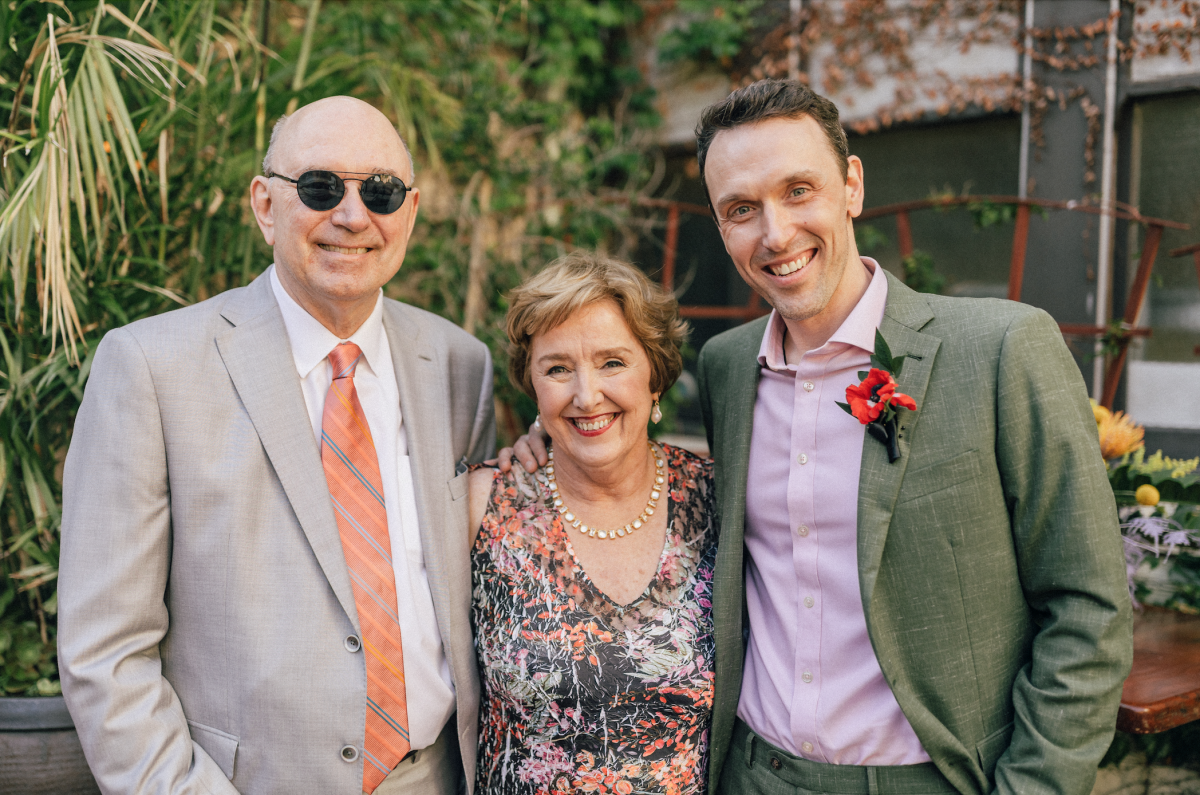The apple doesn’t fall far from the tree—or, in this case, the trees. Henry Alexander Wiencek has followed in the footsteps of his parents, Charlottesville writers and historians Donna Lucey and Henry Wiencek, with his own book, Oil Cities: The Making of North Louisiana’s Boomtowns, 1901-1930, published by the University of Texas Press in May.
The younger Wiencek, 38, was more interested in fiction than nonfiction while in high school at Tandem Friends. “In fact, I found history boring, but as I got older, I realized I have the same bug for it as my folks,” he says in a phone interview from Los Angeles, where he lives.
Among his father’s books are The Hairstons: An American Family in Black and White and Master of the Mountain: Thomas Jefferson and His Slaves. Lucey’s books include Sargent’s Women: Four Lives Behind the Canvas and Archie and Amélie: Love and Madness in the Gilded Age.
Wiencek was doing research for his doctorate at the University of Texas at Austin when he ran across documents about how Standard Oil was building pipelines “through the swamp” in segregated northern Louisiana in the early decades of the 20th century.
Caddo Parish, known as “Bloody Caddo,” was part of the boom. During the Jim Crow era, it ranked second nationally in the number of lynchings, according to the Equal Justice Initiative. “That was an intersection of the old South and the new industrial economy,” Wiencek says. “I was really interested in how those two forces collided.”
He found photographs of boomtowns that have entirely vanished and wanted to know why they were so ephemeral. “It’s important to understand that people made a huge amount of money,” he says. “If it didn’t create permanent communities, where did it go?” Hint: Nearby Shreveport was a major beneficiary, while many Black residents were shut out of the boom.
White immigrants flocked to Louisiana to work. “I was really amazed that a small corner of Louisiana that had nothing going on before 1904 managed to attract people from all over the world,” he says.
Contemporary accounts made the area seem like a “weird, scary, bad place to live,” Wiencek explains, a “landscape devastated” by oil drilling, with fires burning and oil running into creeks. He didn’t expect the fond memories found in oral histories from those who lived in the boomtowns. One remembered emerging from a lake covered in oil. “They had the attitude, ‘It’s fine, I still ate the fish in the lake,’” he recounts.
In the ensuing 100 years, it seems to Wiencek that northern Louisiana, with its large percentage of Black citizens, has reverted to what it was like in 1900: poor, sparsely populated farmlands.
In a recent U.S. Supreme Court decision on gerrymandering in Louisiana, Wiencek’s research played a role. “The Louisiana state house created voting districts to dilute the power of Black voters in northern Louisiana,” he says. His dissertation was used to argue that the former oil fields held an important Black community that shouldn’t be broken up. The court ruled for a second Black-majority district.
Lucey didn’t really expect her son to become a writer, especially after he saw “the crazy lives we’ve had” as writers, she says. She credits a teacher at Tandem for sparking his interest in history, and he credits an adviser at UT for her guidance and for pushing the publication of his dissertation.
Young Wiencek appreciates the advice he got from his parents, although he says he didn’t send them pages to edit. “I didn’t want to have a situation where there were too many cooks in the kitchen,” he says. But for research and tracking down resources, they were experts.
And of course they’re “bursting with pride,” says Lucey, “knowing how hard it is to write a book.”


